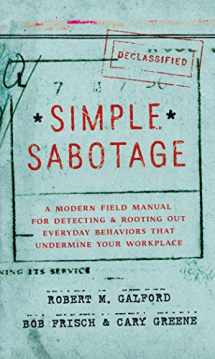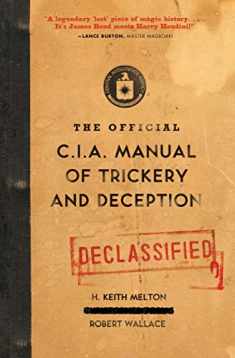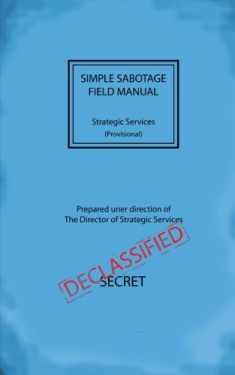
Simple Sabotage: A Modern Field Manual for Detecting and Rooting Out Everyday Behaviors That Undermine Your Workplace
Book details
Summary
Description
Inspired by the Simple Sabotage Field Manual released by the Office of Strategic Services in 1944 to train European resistors, this is the essential handbook to help stamp out unintentional sabotage in any working group, from major corporations to volunteer PTA committees.
In 1944, the Office of Strategic Services (OSS)—the predecessor of today’s CIA—issued the Simple Sabotage Field Manual that detailed sabotage techniques designed to demoralize the enemy. One section focused on eight incredibly subtle—and devastatingly destructive—tactics for sabotaging the decision-making processes of organizations. While the manual was written decades ago, these sabotage tactics thrive undetected in organizations today:
- Insist on doing everything through channels.
- Make speeches. Talk as frequently as possible and at great length.
- Refer all matters to committees.
- Bring up irrelevant issues as frequently as possible. Haggle over precise wordings of communications.
- Refer back to matters already decided upon and attempt to question the advisability of that decision.
- Advocate caution and urge fellow-conferees to avoid haste that might result in embarrassments or difficulties later on.
- Be worried about the propriety of any decision.
Everyone has been faced with someone who has used these tactics, even when they have meant well. Filled with proven strategies and techniques, this brief, clever book outlines the counter-sabotage measures to detect and reduce the impact of these eight classic sabotage tactics to improve productivity, spur creativity, and engender better collegial relationships.


We would LOVE it if you could help us and other readers by reviewing the book
Book review





